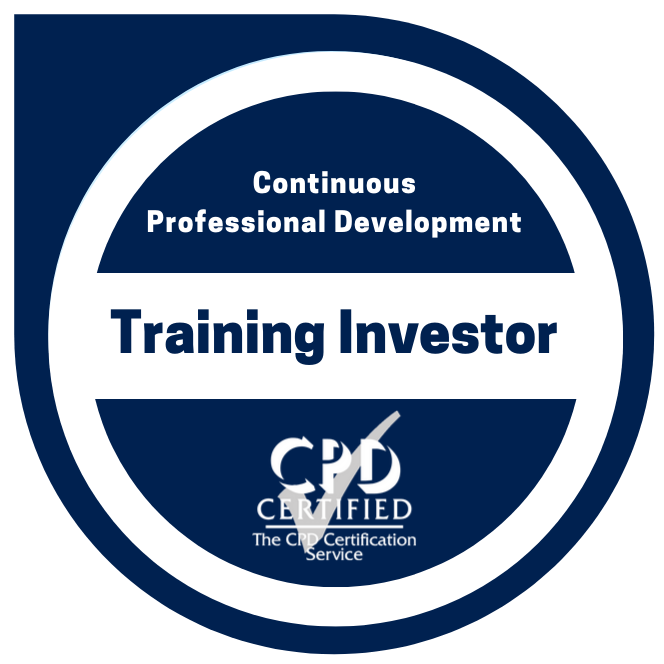By Md Ziaoul Hoque
Have you ever seen those advertisements stating that you can work from home and earn thousands of pounds a week? Be your own boss, set your own hours!
If you have, then you have also undoubtedly heard the saying “If something sounds like it’s too good to be true, it probably is!”.
Pyramid and Ponzi schemes first emerged after the second world war. The most famous of their kind being created by an American names Charles Ponzi. A Ponzi scheme differs slightly from a Pyramid Scheme, but the premise is very similar. In a Ponzi scheme, “investors” sink their money into the scheme, and are told to recruit other investors in turn. Each “buy-in” level feeds the profit of the level above. However, there is no stock; no tangible merchandise; no trading of goods. The Ponzi scheme relies solely on a steady stream of new investors to feed profits up. This can only be sustained for a finite amount of time before investment slows, and interest dwindles, leaving everyone involved except for a very few at the top, out of pocket.
Modern Pyramid schemes are slightly different, in that there is a stock, brand or items that new recruits must buy into in order to join.
Have you ever been invited to a gathering at a friend’s house, only to realise that their prime purpose was to sell you a range of products and introduce you to a “great marketing opportunity”?
If you are ever in a situation where you are told that in order to become involved you need to pay hundreds or even thousands of pounds for buying-in fees before you make a profit, our advice to you would be run for the hills! This is the first hallmark of a pyramid scheme. The second hallmark of a pyramid scheme is that any stock or future investments you do sell, you would have to pay a percentage of your turnover (NOT your profit) to the person who originally recruited you into the program. The third hallmark of a pyramid scheme is that in order for you to make any real money – money you could conceivably, comfortably, live on, you would have to recruit other people to buy bulk stock and sell it on.
Do you see how these schemes are set up? It’s not about having a winning product that delivers on promises – it’s about recruiting others to buy in, to “invest”. The people who get recruited are the real investors in the scheme, not the customers. The customers are merely a drop in the bucket compared to the people recruited.
All the profit of the group eventually filters up to the founder – creating a pyramid, which is where we get the name from.
Multi-level Marketing (MLM) schemes can often flirt dangerously with the line between a legitimate business and a Pyramid Scheme. MLMs are structured in a similar way to Pyramid schemes, where you would earn commission from any new people you recruit to join. The difference is that the initial investment comes with something tangible – merchandise you can buy and sell. But beware all the same, is our advice! Think to yourself, if the product was so good, why do they require you to buy so much of it up front? Don’t they think they could sell it.
Always remember, short of winning the lottery, there are no quick fixes. Building a profitable, stable business takes time, commitment and good decisions!
Mary-Jo Appaqaq
Work-Based Learning Officer













